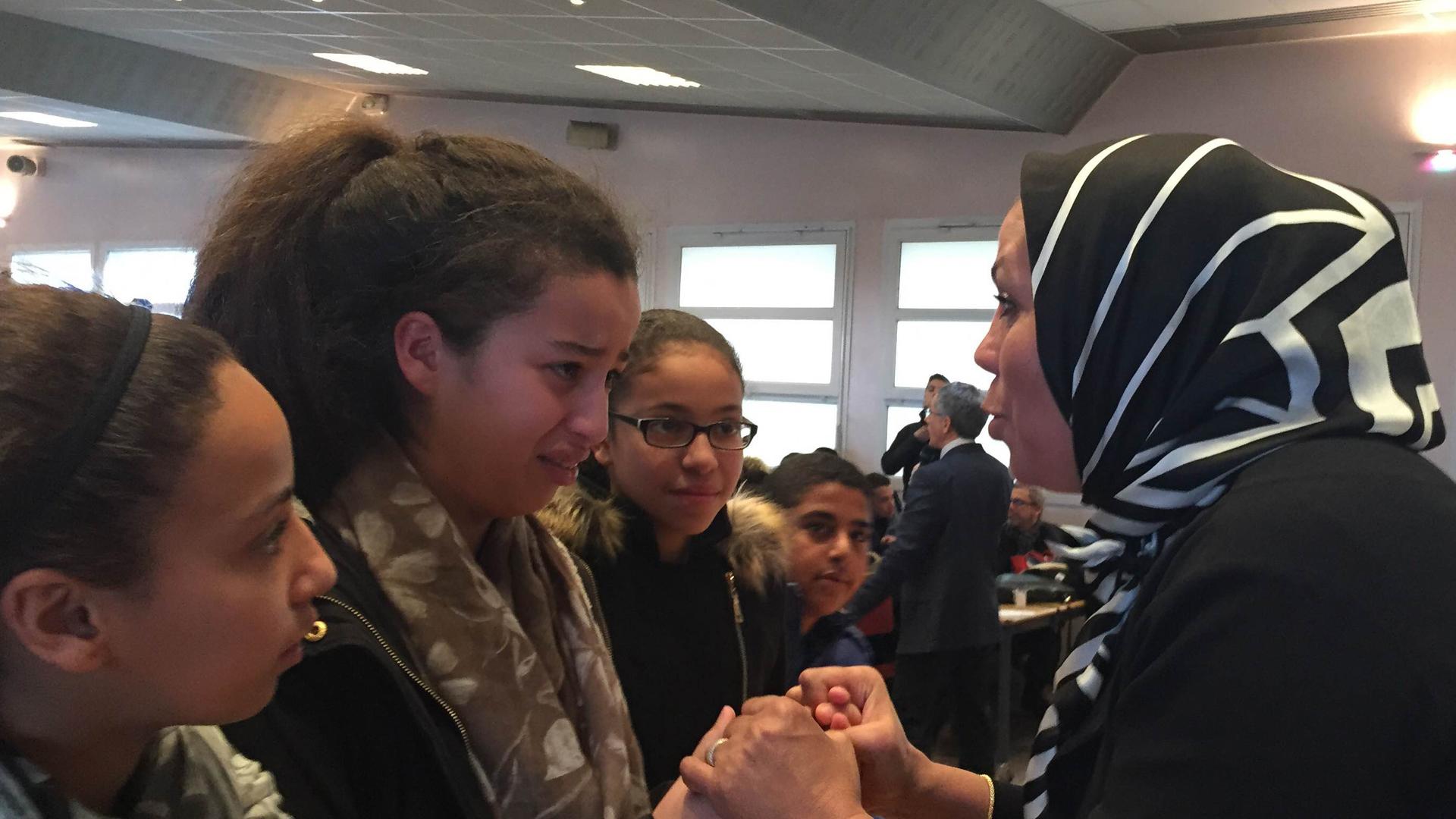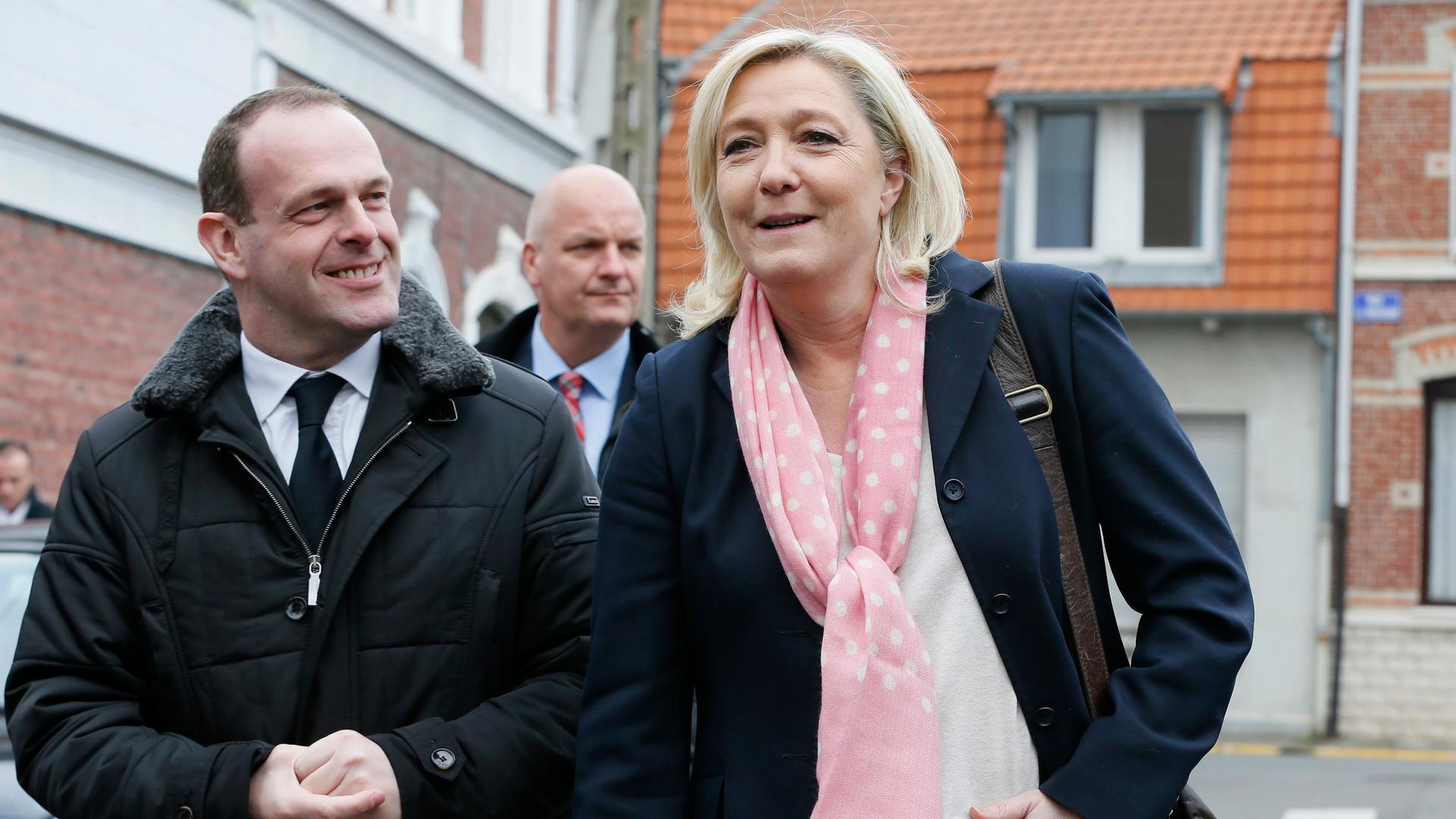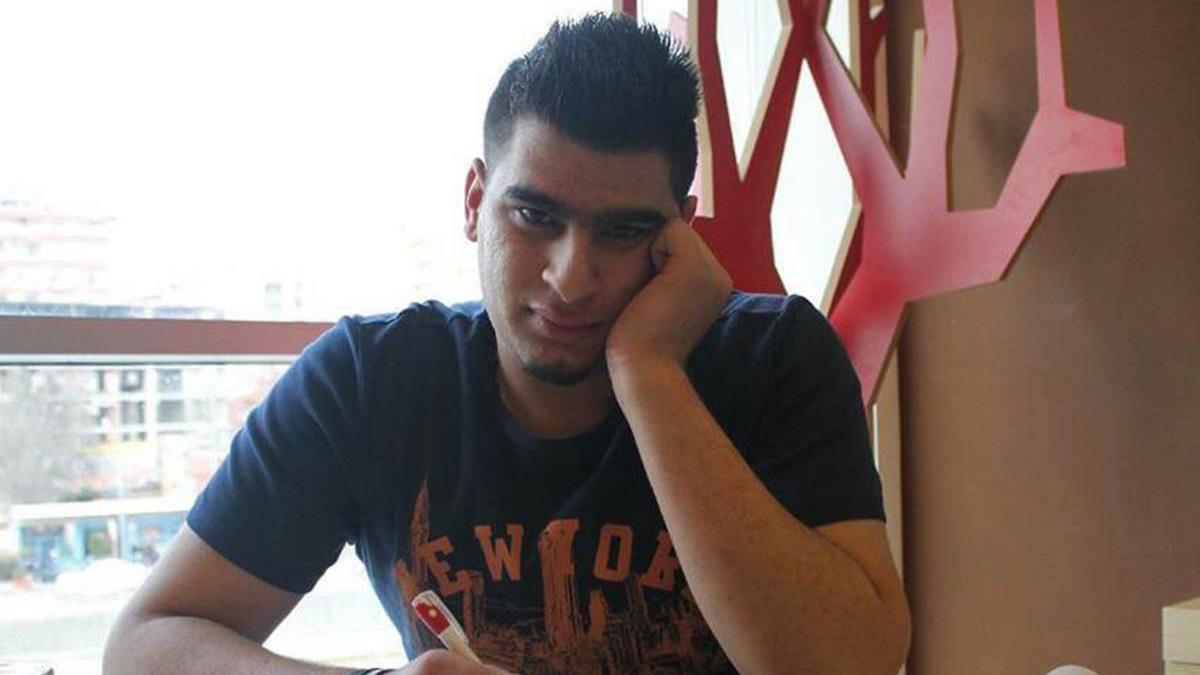Marine Olivesi
Marine Olivesi is a freelance reporter who has been roving through North Africa and the Middle East since 2011. Born in Nice, France, she feels most at home in border regions and currently lives in Antakya, near the Turkish-Syrian border.
I unexpectedly caught the radio bug at Columbia Graduate School of Journalism. Though I was an avid radio listener in my teen years in France, I never considered the medium as a possible outlet for my future-reporter-self. At Columbia, I mulled over specializing in every medium but radio — partly, I reckon, because I was terrified of sounding “too French.”My awakening came with an audio postcard I produced on ice cream trucks in Harlem. I’ve been hooked to a mic ever since. By the end of journalism school, I had lost all interest for print stories: I wanted the music of New Yorker’s accents — the cracks and laughters in their voices to come out.I freelanced for a year as an associate producer at WNYC, then moved back to Europe to cover migration issues. In March 2011, I bought a one-way ticket to Tunisia to report on the exodus of foreign workers out of Libya. A few weeks later, I took the opposite direction and crossed over to the embattled country. The journey took me from the rebel-held Western Mountains to Tripoli, and from Sirte to Gaddafi's body just a few hours after his death.In 2012, I became an Immigration Journalism Fellow with the French-American Foundation and the Ford Foundation and traveled to West Africa to look into the migration-based connections between the Libyan conflict and the turmoil in Mali. I also started reporting on Syria's civil war and humanitarian crisis for public radio programs on PRI, the CBC and Deutsche Welle.After two years on the move, I put my bags down in Southern Turkey in 2013, while keeping an eye on Libya and making regular visits back to North Africa.
Tunisian officials are tired of radicalization from within
Thousands of Tunisian men and women have left the country to fight alongside ISIS in Syria and Iraq. Authorities believe part of the problem is that these young people are being radicalized in local Tunisian mosques that were taken over by radical Islamists.
Tunisian breakdancers view their activity as an alternative to radical Islam — but it doesn’t always work
The Rocking Steps Crew is a celebrated group of breakdancers, or b-boys. They bill themselves as an alternative to radical Islam. But sometimes the draw of breakdancing isn’t enough. Seifeddine Rezgui, who gunned down 38 tourists on a beach last week in Sousse, Tunisia, was once an avid — if not especially proficient — b-boy.
After a year of torture in Syrian jail, an activist finally makes it to the US
After a year in a Syrian jail being tortured by the regime’s police, activist Karam Al Hamad finally escaped to Turkey. He says he’ll only feel safe once he gets to escape the region and come to the US for a fellowship, but the road is proving even harder than he expected.


